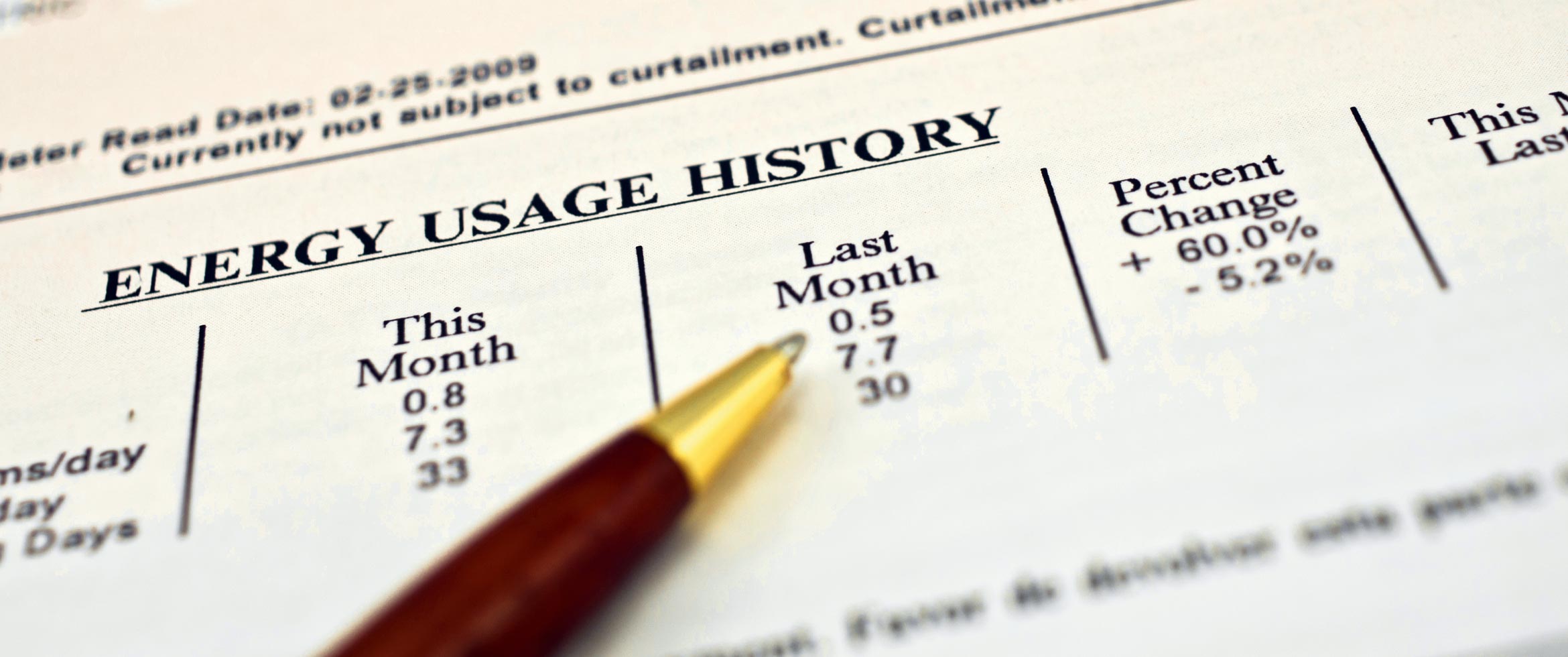A Behavioral Analysis of Peaking in Residential Electrical-Energy Consumers
Kohlenberg, R., Phillips, T., & Proctor, W. (1976). A behavioral analysis of peaking in residential electrical-energy consumers. Journal of Applied Behavior Analysis, 9(1), 13-18.
A Review of Intervention Studies Aimed at Household Energy Conservation
Abrahamse, W., Steg, L., Vlek, C., & Rothengatter, T. (2005). A review of intervention studies aimed at household energy conservation. Journal of Environmental Psychology, 25(3), 273-291.
Successfully Changing Individual Travel Behavior: Applying Community-Based Social Marketing to Travel Choice
Cooper, C. (2007). Successfully changing individual travel behavior: Applying community-based social marketing to travel choice. Transportation Research Record, (2021), pp. 88-99.
Reducing Residential Electrical Energy Use: Payments, Information and Feedback
Hayes, S. C., & Cone, J. D. (1977). Reducing residential electrical energy use: Payments, information and feedback. Journal of Applied Behavior Analysis, 10, 3, 425-435.
A Behavioral Model of Residential Energy Use
van-Raaij, W. F., & Verhallen, T. M. (1983). A behavioral model of residential energy use. Journal of Economic Psychology, 3, 1, 39-63.
Behavioral Interventions in Resource Conservation: A System Approach Based on Behavioral Economics
Winkler, R. C., & Winett, R. A. (1982). Behavioral interventions in resource conservation: A system approach based on behavioral economics. American Psychologist, 37, 4, 421-435.
Energy Savings Attributable to Switching from Master Metering to Individual Metering of Electricity
Nelson, S. H. (1981). Energy savings attributable to switching from master metering to individual metering of electricity. Argonne National Laboratory, Energy and Environmental Systems Division.
Who Recycles and When? A Review of Personal and Situational Factors
Schultz, P. W., Oskamp, S., & Mainieri, T. (1995). Who recycles and when? A review of personal and situational factors. Journal of Enviornmental Psychology, 15, 2, 105-121.
A Student-Based Anti-Litter Program for Elementary Schools
Gendrich, J. G (1982). A student-based anti-litter program for elementary schools. Education and Treatment of Children, 5, 4, 321-335.
Dormitory Residents Reduce Electricity Consumption when Exposed to Real-Time Visual Feedback and Incentives
Petersen, J., Shunturov, V., Janda, K., Platt, G., & Weinberger, K. (2007). Dormitory Residents Reduce Electricity Consumption when Exposed to Real-Time Visual Feedback and Incentives. International Journal of Sustainability in Higher Education, 8(1), 16.



